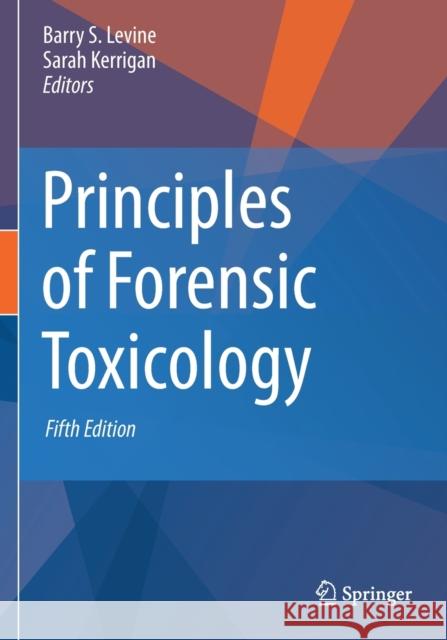Principles of Forensic Toxicology » książka
topmenu
Principles of Forensic Toxicology
ISBN-13: 9783030429195 / Angielski / Miękka / 2021 / 708 str.
Principles of Forensic Toxicology
ISBN-13: 9783030429195 / Angielski / Miękka / 2021 / 708 str.
cena 221,90
(netto: 211,33 VAT: 5%)
Najniższa cena z 30 dni: 212,02
(netto: 211,33 VAT: 5%)
Najniższa cena z 30 dni: 212,02
Termin realizacji zamówienia:
ok. 16-18 dni roboczych.
ok. 16-18 dni roboczych.
Darmowa dostawa!
Kategorie BISAC:
Wydawca:
Springer
Język:
Angielski
ISBN-13:
9783030429195
Rok wydania:
2021
Ilość stron:
708
Waga:
1.20 kg
Wymiary:
25.4 x 17.78 x 3.61
Oprawa:
Miękka
Wolumenów:
01
Dodatkowe informacje:
Wydanie ilustrowane











